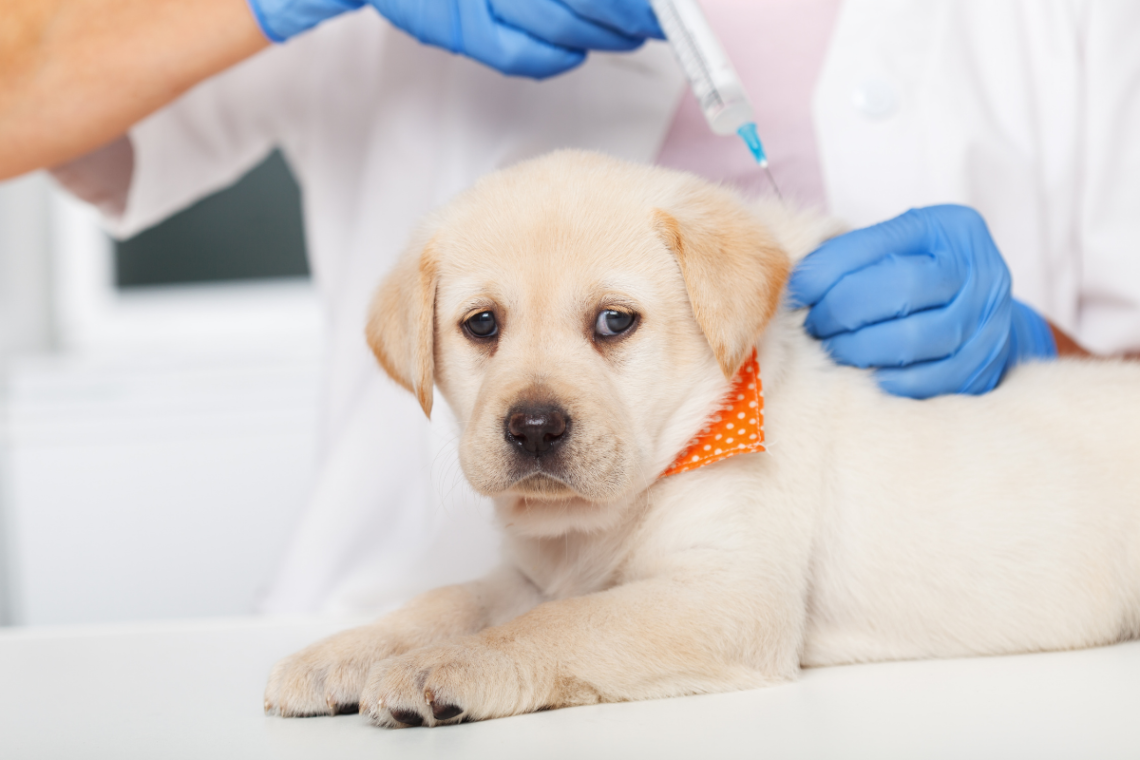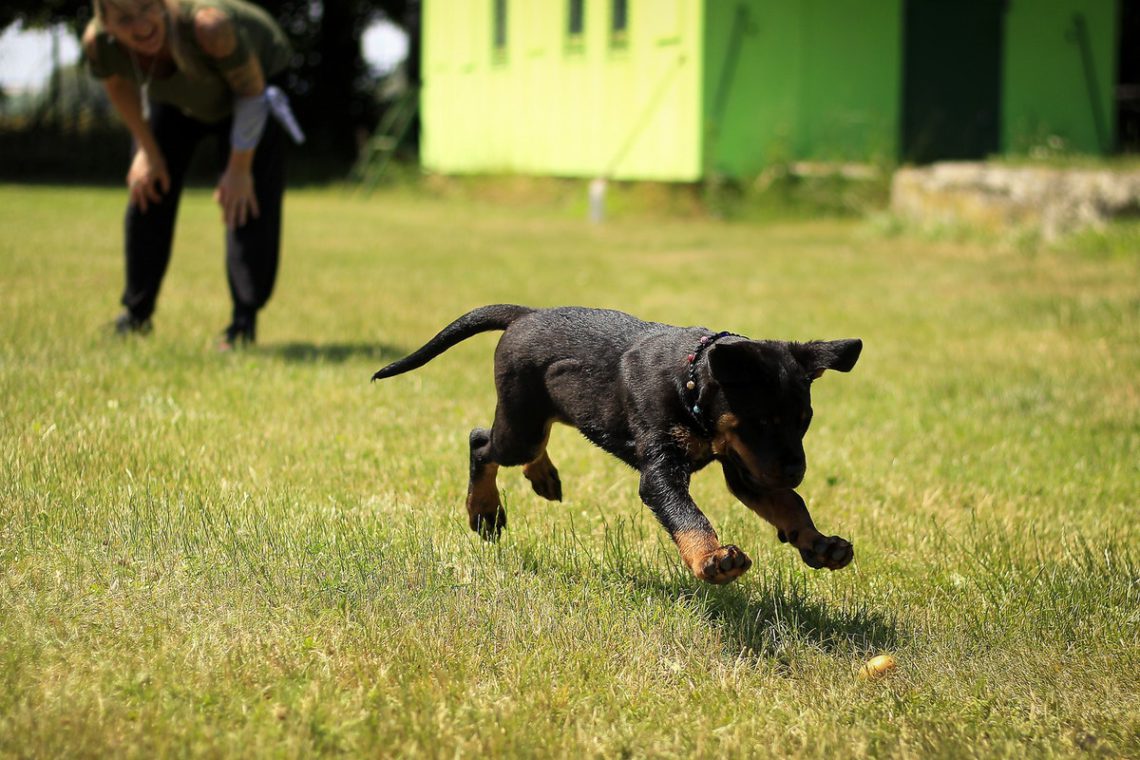
While puppy and dog vaccinations are important to your pet’s overall health and well-being, not all puppies or dogs need to be vaccinated against all diseases. Vaccinating dogs is not only the responsibility of every owner, but a top priority in helping your dogs and puppies stay healthy and protect them from many diseases. As your puppy grows into an adult, it’s important to make sure you visit the veterinarian and keep your dog vaccinated on time.
Once your puppy is of legal age and has received all the basic puppy vaccines, the veterinarian can begin implementing an adult dog vaccination program. An adult dog vaccination program, which includes regular booster immunizations, can be scheduled after the puppy vaccination program is completed or after the adult dog or adult, a dog is brought into the home. Puppies should be vaccinated every 3-4 weeks (starting at 6-9 weeks of age) for the first few months of life and continue with booster doses throughout adulthood. A series of injections for puppies usually starts at 6 to 8 weeks of age, with new vaccines and boosters given every 3 to 4 weeks until the puppies are 16 to 17 weeks old (some puppies may need additional doses around 20 weeks of age) booster – especially so). for “black and tan” varieties).
Although almost all puppies are vaccinated according to our vaccination schedule, vaccinations may be given too early or continue after the puppy is already protected. The timing and interval between booster shots are critical to your puppy’s protection, as his mother’s antibodies can interfere with the booster’s ability to boost your puppy’s immune response. If we do not start vaccination at 8 weeks, we may have a long period of susceptibility where the puppy no longer has protective antibodies from the mother but has not yet received the vaccine to boost the puppy’s immunity.
We are trying to catch this puppy as soon as possible after the critical susceptibility window where his body can respond to the vaccine. You now know that puppies are not fully protected until 16 weeks after vaccination, and there is a disturbing overlap with the socialization period. If you vaccinate your puppy at 8 weeks, not only is he less likely to protect himself, but he will need to be vaccinated again at 12 weeks and possibly even 16 weeks, but also suppress his immune system, which means He was more affected. risk of infectious diseases.

Apart from vaccination, puppy training is an essential part of a puppy’s growth. According to the local individuals’ group from Perth called puppy training Perth, if your puppy did not receive proper training, it is unlikely to understand its inner potential and will not have a complete connection with you as an owner.
If this is your puppy’s first dose of this vaccine, they will need a booster 2-4 or 3 weeks later, depending on the vaccine they received, for better protection. As a general rule, a puppy should be vaccinated as soon as it is received (usually between 6 and 8 weeks old), then every three weeks until it is four months old when it will receive its final vaccination. In most cases, each puppy needs to be vaccinated every three weeks to four months, followed by a rabies vaccine between three and four months. No matter how old you are, puppies should be vaccinated every three weeks until they are about four months old.
I always tell people that when you get a puppy, which is usually seven to eight weeks old, we want to start vaccinating because puppies can’t activate a long-term immune response until they’re about four months old. If someone finds a puppy at three months old, the Drake Center won’t come back and start vaccinating as if it were eight weeks old. It’s incredibly important to stick to the schedule because if you go much further, the puppies won’t be fully covered and can get dangerous diseases.
We really don’t want your puppy to be unvaccinated because we don’t want them to be at risk of infection. This is to make headlines every year about dogs not getting vaccinated because if they do Diplo we will have another conversation about the importance of educating them about vaccines in a timely manner because these diseases are terrible.
Your puppy may still be susceptible to parvovirus even after vaccination, but vaccination greatly reduces the risk of this disease. Puppy vaccinations can protect your puppy from some dangerous and contagious diseases (such as parvovirus and distemper), but the risks associated with over-vaccination are real. Every vaccination plan is tailored to your pet’s lifestyle so your puppy always gets the vaccines it needs to prevent dangerous and potentially fatal diseases. Dog and puppy vaccinations are a series of injections your dog needs throughout his life to stay healthy and prevent the spread of the disease.
It’s true that puppy vaccinations can protect your puppy from certain diseases, and in my opinion, it’s safer to make sure your puppy is vaccinated against the more dangerous ones (i.e. canine parvovirus and canine distemper). Vaccines that overburden a puppy’s immune system every two to four weeks are no longer a safe option for puppies.
Puppies are usually vaccinated at eight and ten weeks of age (although they can be vaccinated at four to six weeks of age), with a second dose usually given two to four weeks later. In Wisconsin, puppies are usually vaccinated against rabies at 16 weeks (not earlier than week 15), and the first rabies vaccination is valid for one year.